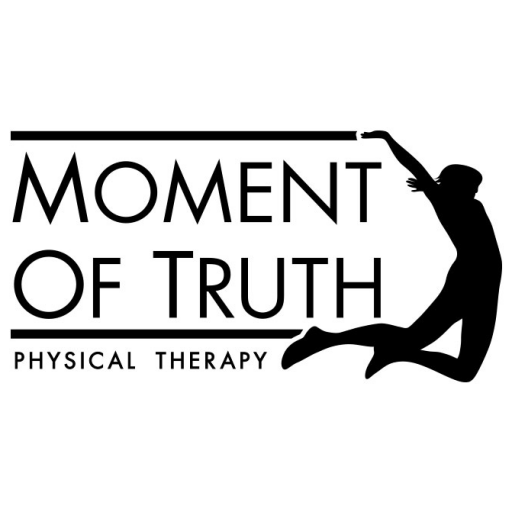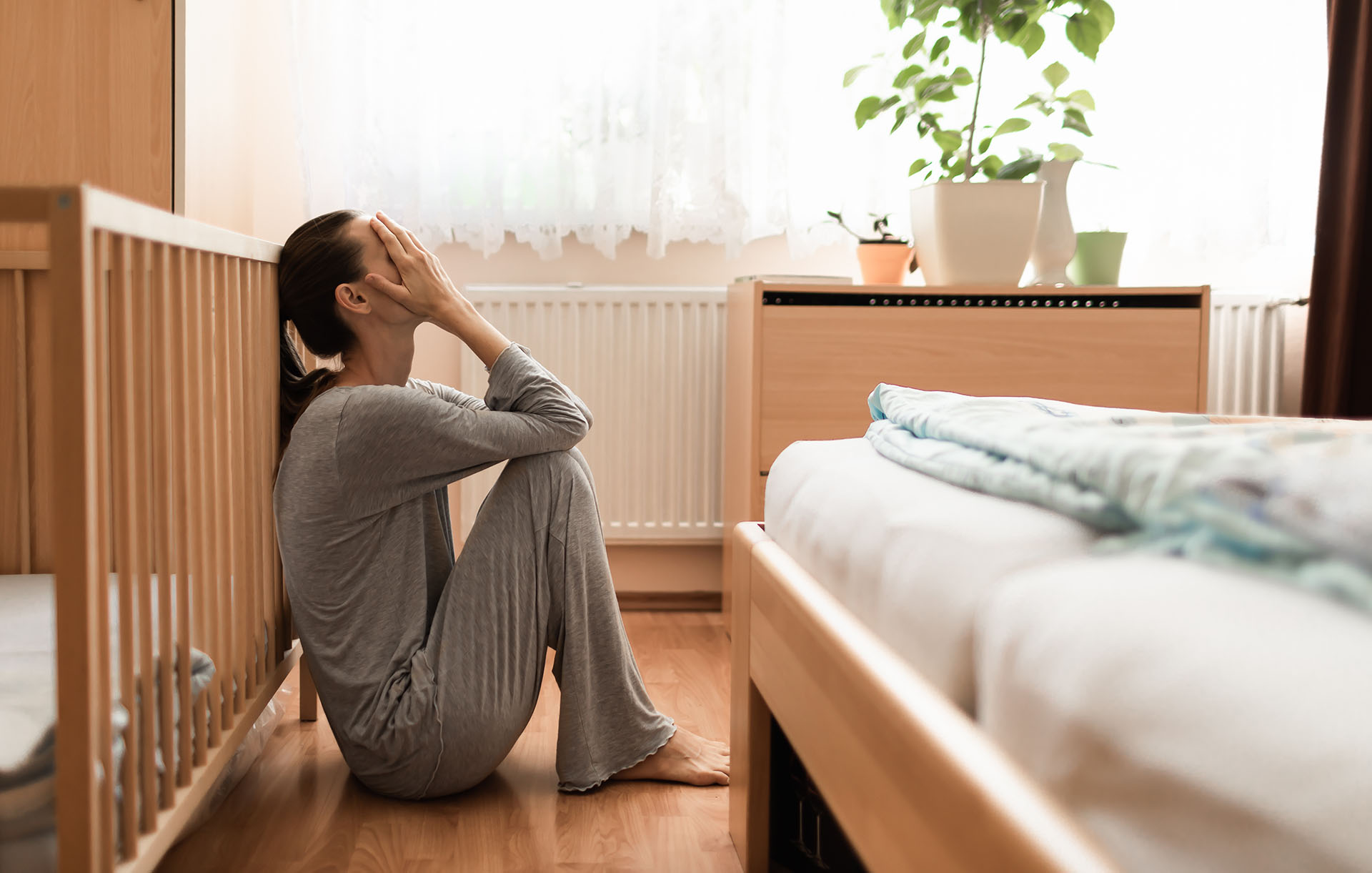Mental health is a vast topic that is sadly loaded with shame and guilt, but it’s also extremely misunderstood. So, first of all, if you suspect you are dealing with postpartum depression or postpartum rage — you are not alone.
Second, we understand you may be dealing with intense fear about being put on medication, having your kids taken from you, or even being perceived as a bad mom. In this post, we want to shed some light on postpartum depression (PPD) — what it is, how common it is, and who is most likely to develop it — as well as some tools and resources for helping you manage and overcome your postpartum depression.
Postpartum Depression Statistics
Before we jump into the “problem-solving” portion of the blog post, we wanted to share some information and statistics to help you understand more about postpartum depression.
Baby Blues
60–80% of women experience “baby blues.” These are normal hormonal swings after giving birth due to the adjustment of having a new baby, lack of sleep, and other changes happening to your life and body — whether it’s your first or fourth baby.
If you’re experiencing the “baby blues” during the first three months after delivery, this is entirely normal, and it’s not a cause for concern. The “baby blues” may cause you to feel overwhelmed and experience mild anxiety, irritability, or reduced concentration.
Postpartum Depression
10–20% of women experience postpartum depression, but this number is heavily underreported because of the stigmas and shame that come with it.
PPD may start like the “baby blues,” but it usually lasts beyond the standard three months and can last a year (or even more). It’s accompanied by more severe symptoms, such as difficulty bonding with your baby, withdrawal from family and friends, loss of appetite, overwhelming exhaustion, hopelessness, restlessness, inadequacy, severe anxiety, and more.
Postpartum Rage & Psychosis
There aren’t any available statistics on postpartum rage. However, think of it as a subcategory of PPD. Instead of feeling sad or in tears, you may default towards angry outbursts.
Postpartum psychosis is much less common than depression or rage and happens to less than 1% of women. Mothers experiencing postpartum psychosis may hallucinate, have suicidal tendencies, or have thoughts of harming their children.
Want to Learn More?
If you want to learn more about postpartum mental health, we highly recommend listening to this podcast on Bellies, Babies & Birth about postpartum depression with Walker Ladd and reading her insightful book, Transformed by Postpartum Depression.
Risk Factors for Postpartum Depression
Postpartum depression doesn’t have just one cause, but it is usually attributed to genetics, physical changes, and emotional challenges (and sometimes a combination of all of these).
It’s important to understand that postpartum depression can happen to anyone — however, some women are more at risk of developing PPD than others. If you relate to one or more of the following risk factors, instead of fearing that postpartum depression is inevitable, we encourage you to use this time to prepare yourself for the postpartum period the best you can.
Mental Health Conditions
Women who struggle with anxiety or depression during pregnancy or at other times are more at risk of developing postpartum depression. Additionally, women who have bipolar disorder or who have experienced PPD in the past are more at risk.
Family History
Did your mother or grandmother struggle with postpartum depression? If so, you may be more likely to have it as well. Studies show that a family history of postpartum depression — or a history of depression or other mood disorders — leads to a higher risk of PPD.
Extraordinary Circumstances
Your risk for postpartum depression increases if you lack family support, financial stability, or a good relationship with your partner. If you have twins or triplets or a baby with health problems or special needs, you may also be more at risk of developing PPD.
Emotional Stress & Trauma
If you’ve recently dealt with stressful situations, like losing a job or a loved one, or pregnancy complications, you may be more likely to develop PPD. Women currently in an abusive relationship or recovering from abuse-related trauma may also be more at risk.
Resources & Tools for Managing and Overcoming Postpartum Mental Health Challenges
Many mothers who struggle with postpartum depression don’t feel like they have the chance to speak up. After all, you only have one 30-minute postpartum appointment with your healthcare provider (or maybe a few more if you’re working with a doula or midwife). Still, the meeting is often overshadowed by how you’re doing physically — not emotionally.
However, you don’t have to suffer in silence. The following resources are helpful for women who are experiencing (or think they may be experiencing) postpartum depression.
Postpartum Support International
Postpartum Support International (PSI) is an organization with hundreds of local volunteers trained to provide support, information, encouragement, and resources by phone, email, or text to postpartum mothers. This organization can also connect you with local providers trained to treat perinatal mood and anxiety disorders, such as postpartum depression.
Postpartum Progress
Postpartum Progress created a “New Mom Checklist” that you can complete in the privacy of your home and bring to your provider during your postpartum appointment.
If you feel like you may be struggling with postpartum depression, anxiety, or psychosis, you can fill in the boxes that describe your symptoms (like loss of appetite, crying, guilt, shame, suicidal thoughts, etc.). Then, instead of feeling rushed or embarrassed to talk about your feelings, you can hand the paper over to your healthcare provider for review.
Trauma Therapy
Talking to a postpartum counselor can be helpful for those struggling with PPD. However, in severe cases involving past trauma (from childbirth, sexual abuse, etc.), it may be beneficial to seek out other forms of therapy, like EMDR and CBT. We recommend the experienced team at Live Wellness Training Center on Bell Road and 73rd Avenue for local therapists in Peoria.
Note: It can be helpful to be validated by other friends dealing with postpartum depression — it feels good to know you’re not alone! However, never mistake friendly advice for professional advice from a counselor.
How Can Moment of Truth Physical Therapy Help?
At Moment of Truth, we believe that as the body heals, the mind and soul also have the space and energy to heal. That’s why we don’t pretend to be counselors but instead focus on providing trauma-informed physical therapy, yoga, massage, and other services to help postpartum women feel at peace — and at home — in their bodies after giving birth.
We also have tons of resources for postpartum therapy, counseling, support, and other tools to help you find the support and care you need. You are not alone! You can read more about our services if you’d like to learn more about what Moment of Truth Physical Therapy can do for postpartum mothers in Phoenix and Peoria, Arizona.


0 comments